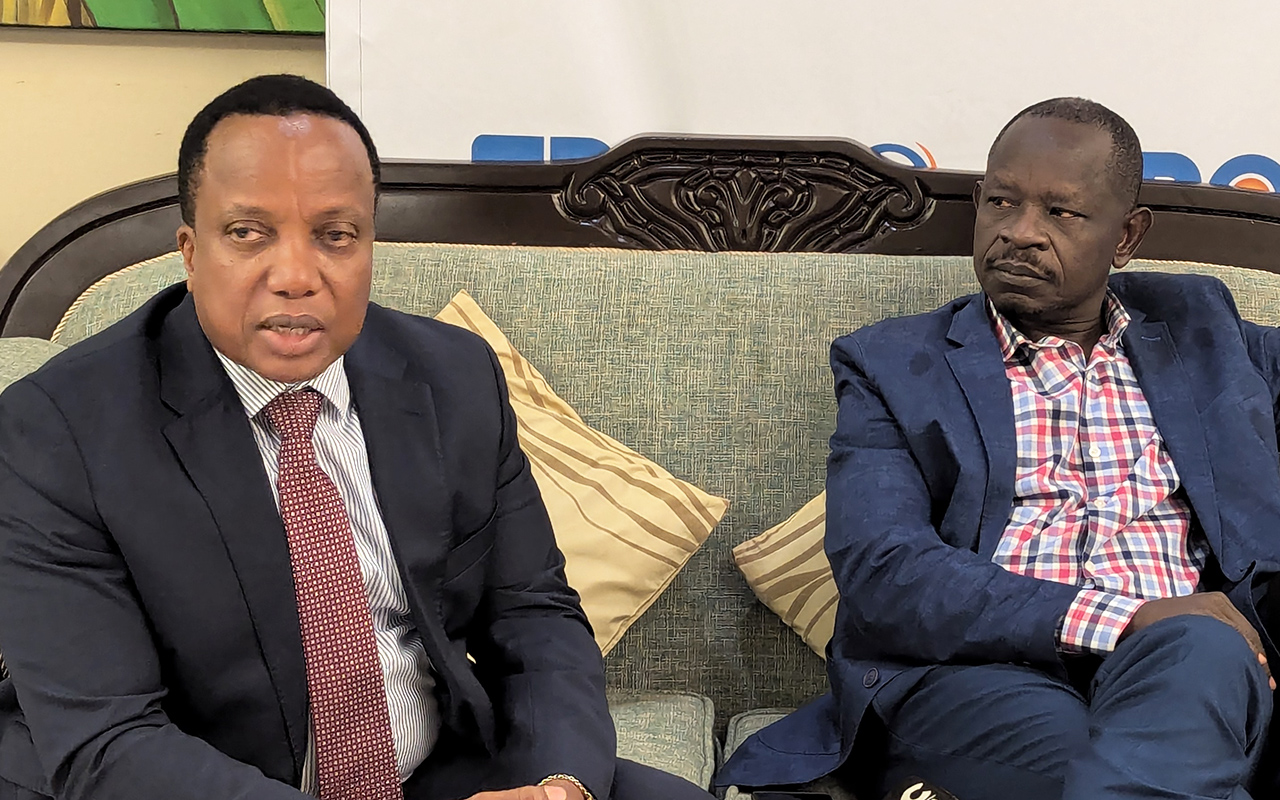Urban refugees facing higher mental health risks -health boss

The head of the mental health division in the Health Ministry, Dr Hafsa Lukwata, has said refugees in urban areas are reporting more severe mental health issues compared to those in rural-based refugee settlements.
"Urban refugees are even more vulnerable than those that usually stay within the refugee settlements in the rural areas. And most of the urban refugees may not necessarily have a common place where they'll be, they'll just have to find relatives or friends who can keep them for a night or two," she said.
"So, most of the time these people suffer quite a lot and this affects their mental health. I think the most important is losing hope. The hopelessness and usually, this is where people choose to commit suicide. As the government we have an open policy where we wouldn't stop someone from accessing care in any of our facilities," she added.
The country currently has over 1.7 million refugees with 140,000 living in urban areas, according to government figures. Dr Lukwata, however, said the fact that they wait for people to come to the hospital and don't usually go in and offer support in homes contributes to severe cases in urban areas.
"Within the refugee settlements, you could easily go in and offer support within the home and family. But when it comes to urban settings, we cannot reach out to these people. We don't even know where they are," she noted.
Adding: "sometimes they show up when they are really terribly off. So, the chances of suicide or mental health problems amongst those in urban areas is really high. Whichever opportunity we get to reach out to them, we usually tend to find them wherever they are and we offer the support that's psychosocial support."
Dr Lukwata said on September 13 during the celebrations of the 30th anniversary of the Transcultural Psychosocial Organisation (TPO), an NGO which has been supporting refugees and host communities in at least 56 districts. She said they have worked with TPO and other NGOs to bridge the gap in supporting these urban refugees facing mental health challenges due to limited funding from the government.
Mr Patrick Onyango Mangen, the TPO advisor who served previously as the organisation’s Country Director said the focus on psychosocial support should be extended to other urban dwellers such as those affected in Kiteezi garbage heap collapse.
"Our vision to improve livelihoods and empower communities should remain bold and relevant to present-day issues. Climatic disasters are increasingly exposing communities to multiple vulnerabilities, such as food insecurity, migration and conflict," he said.
"The rising levels of violence against children, and intimate partner violence are all situations that TPO should be worried about and come up with innovative programming. The influx of young people into towns in search of a better life is what we should think about. We are seeing a high concentration of refugees and Asylum seekers right here in Kampala and I wonder how TPO can partner with Urban authorities to innovatively intervene in some of these contexts including the recent disaster in Kiteezi," he added.



0 Comments